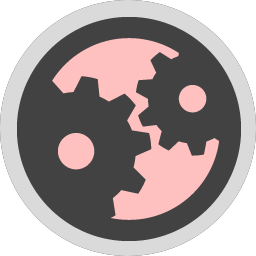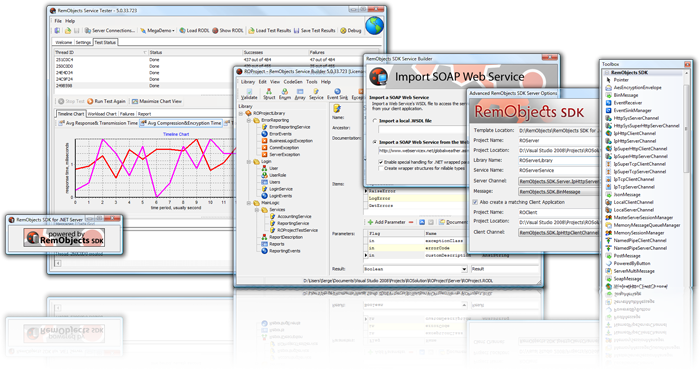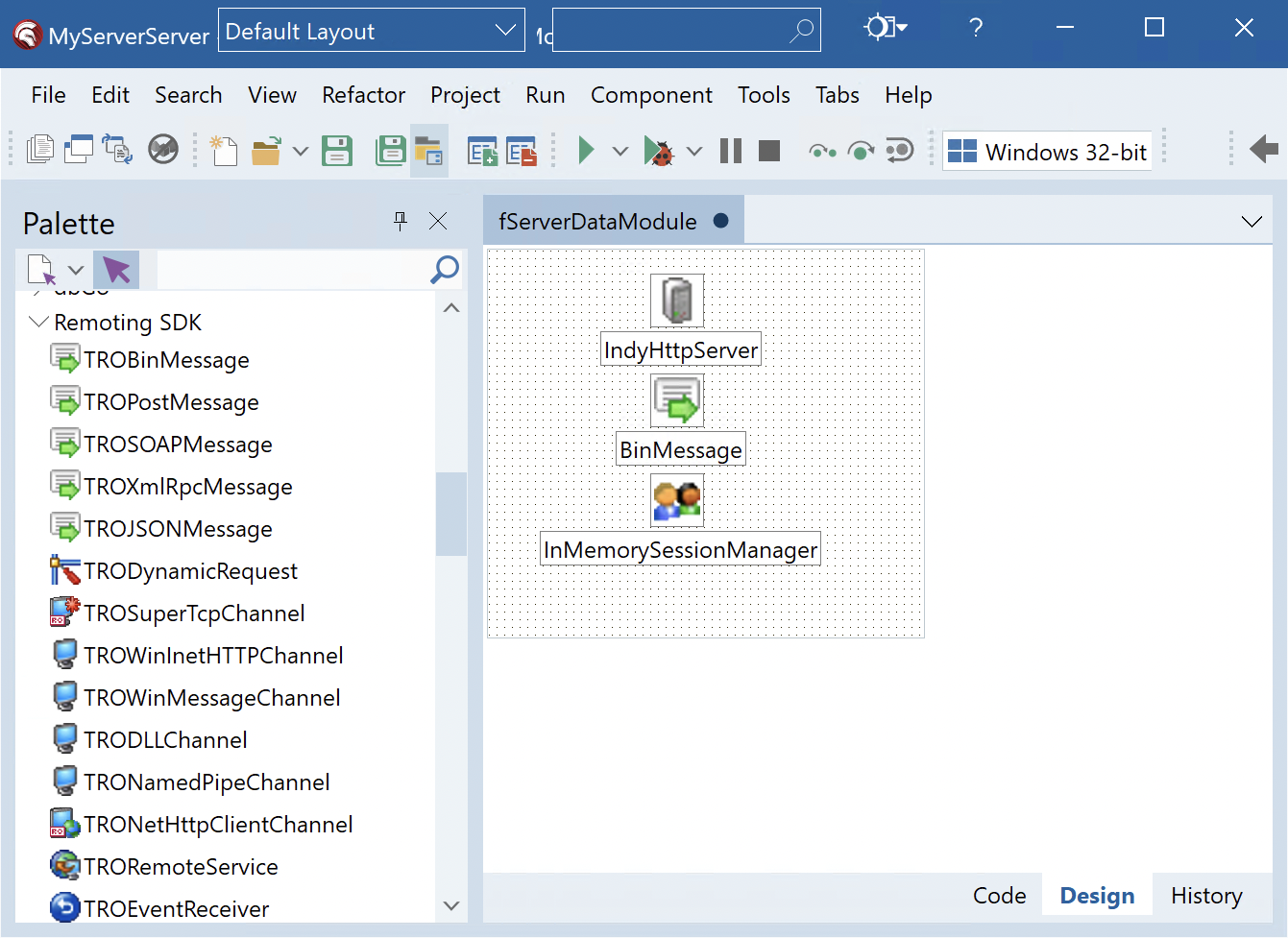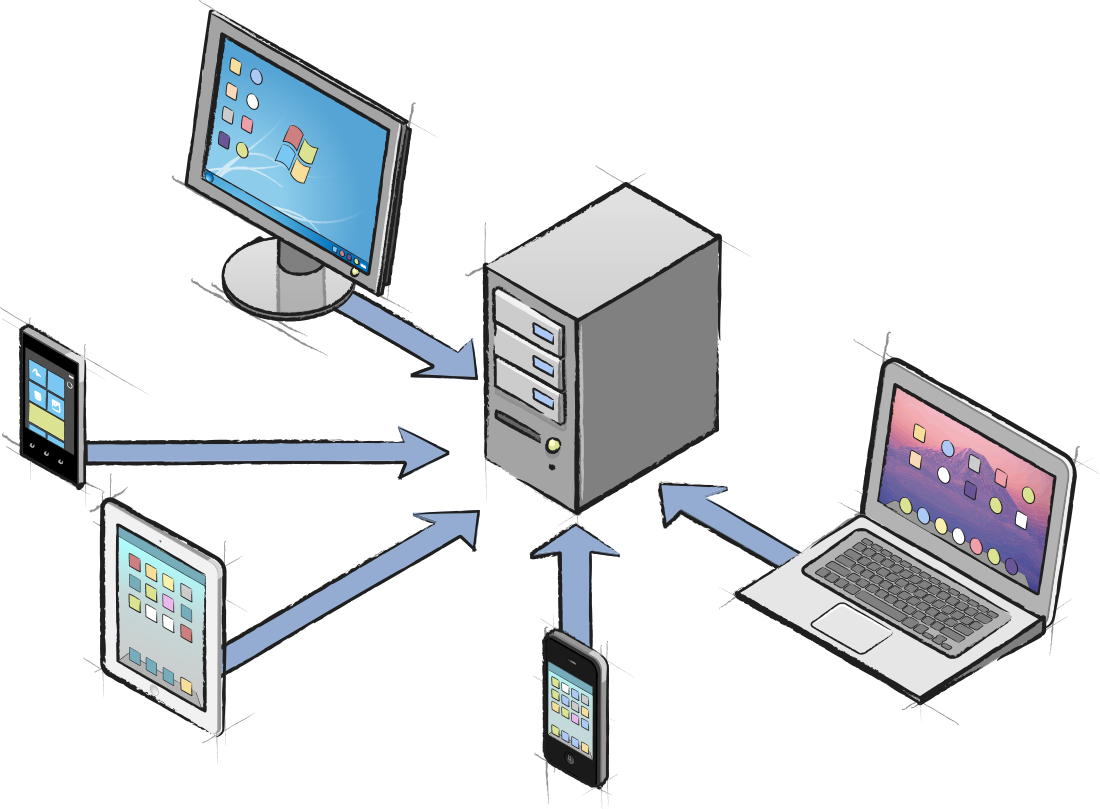Remoting SDK for Delphi
 Remoting SDK for Delphi was the first product SKU released by RemObjects Software when it was founded in 2002 and has remained a favorite among our users for the past 20 years, allowing developers to build secure, scalable, and essy network communication into their applications.
Remoting SDK for Delphi was the first product SKU released by RemObjects Software when it was founded in 2002 and has remained a favorite among our users for the past 20 years, allowing developers to build secure, scalable, and essy network communication into their applications.
Remoting SDK takes the best ideas of other remoting solutions, from SOAP to REST, and combines them with great development tools that take away the complexity of creating networked apps while maintaining all the flexibility and power.
Remoting SDK is being used by thousands of Delphi and C++Builder developers across the globe every day, from single-developer shops all the way to Fortune 500 companies.

Networking Made Easy
Exposing functionality over the network should be as easy as implementing a method and then calling it.
That's the core idea behind Remoting SDK for Delphi.
To implement server-side functionality, you simply create a class and the methods you want to expose. Remoting SDK then takes care of all the infrastructure needed to make those methods available to client applications from across the network, with the drop of a few simple components.

On the client-side, calling the server is just as easy. Remoting SDK automatically generates stubs – so-called Proxies – for you that expose all the methods available on your server. So making the connection is as simple as instantiating a class and then calling the methods as if they were local.
Remoting SDK takes care of all the rest under the hood.
Code-First vs. RODL
Remoting SDK has two methods for defining your service interface. The first (and simplest) are Code-First servers. You just implement the methods you want to expose, and the addition of a simple attribute, [ROServiceMethod], makes it available over the network.
[ROService]
TMyService = class(TROService)
[ROServiceMethod]
function DoSomethingCool: String;
end;Alternatively, you can use the visual Service Builder tool that comes with Remoting SDK to define the structure and API of your services. Service Builder will maintain a RODL (RemOting Definition Language) file, and from it can create stubs to implement your service, as well as the client interfaces mentioned above.
See it in Action
See how easy it is to create your first distributed app with Remoting SDK for Delphi, in our quick 6-minute introduction video:
Simple but Powerful
With Remoting SDK, things being simple does not come at the expense of power and flexibility.
While you can have a simple server running without any fiddling, Remoting SDK provides all the customization options you need to take tweak your servers to your needs – from dozens of different communication options (we call them channels) and data formats (messages) to fine-grained control over how there SDK uses the network stack.
And every Remoting SDK server you create comes with scalability built-in from the get-go – so whether you have a handful of clients connect a few times a day or need to host a server farm that serves millions of connections 24/7, Remoting SDK has your back.
All the Advanced Features You Could Ask For
Remoting SDK has you covered for all the standard (and not-so-standard) infrastructure you need to build your server, from authentication over session management to encryption.
The SDKs default login infrastructure makes it easy to ensure only authorized clients can access your services without having to deal with security manually on each call. And a powerful Roles system gives you flexible control over which users can access what services or methods.
Olympia Server, part of Remoting SDK, allows you to easily share session state between multiple hardware servers as your solution scales from a single PC to a bigger server farm or even multiple physical locations.
And of course, Remoting SDK supports state-of-the-art encryption, to ensure that all communication between your clients and servers is safe and secure.
Compatible with Other Platforms
Remoting SDK for Delphi (and C++Builder) supports creating servers that run on Windows, Linux and macOS, as well as of course VCL, FireMonkey, and non-visual client apps for Windows, Linux, Mac, iPhone, and Android.
What's more, Remoting SDK includes client libraries for all major non-Delphi development platforms: .NET and .NET Core, Java/Android, Apple's platforms using Xcode with Objective-C and Swift or Elements, as well as for JavaScript and WebAssembly. It also includes server support for .NET and .NET Core.
And Remoting SDK was also designed from the ground up to be wire-compatible with non-RO clients (and servers) as well, allowing you to fall back to open standard (but sometimes less efficient and capable) protocols such as SOAP, REST, or HttpAPI, where needed.

Try Remoting SDK Now
Give Remoting SDK for Delphi a try for 30 days – free and without any commitment.
You can download the trial installer from this site, below (Delphi 7 & later, as well C++Builder XE7 & later), or get it right inside your RAD Studio IDE by searching for "Data Abstract" (which includes Remoting SDK) in GetIt.
Get Your Copy Now

Join the ranks of developers building fast, secure and flexible networking support into their application with Remoting SDK, starting at $999 for a yearly license ($749 renewal). Remoting SDK is also part of the full Suite Subscriptions, and of Data Abstract, and it includes support for all the development platforms mentioned above.
- Purchase now, $999 per developer, one year ($749 renewal)
- See Additional Purchase Options
Site licenses and volume discounts are available, as well.

To stay in the loop, follow @RemObjects and @RemotingSDK on Twitter.
And discuss the product or get support on our Remoting SDK forum on RemObjects Talk. This includes full technical support during your trial period as well, of course!
